New Scenic Café celebrates 20 years
New Scenic Café will mark its 20-year anniversary on April 1. Although Chef Scott Graden has carefully refined his approach over the years, the acclaimed destination eatery on Lake Superior’s North Shore continues to emphasize quality and culinary artisanship.
The restaurant has also been collecting and sharing special memories from patrons to celebrate two decades in business. Graden and his team are planning to bring back a special “classic” menu to commemorate the occasion.
Starting March 29 and running through the month of April, patrons will be able to order favorites like the sashimi tuna tacos and the pistachio-crusted walleye sandwich.
A recent entryway addition to the café has ample windows to let in natural light and a view of Lake Superior. It adds to the ambiance and serves as a much-needed expansion of the waiting area, with some bar seating and beverage service.
Food as Artistic Expression
Graden took the entrepreneurial leap in 1999 after learning the Scenic Café on Highway 61 in Duluth Township was for sale. He had grown weary of working within the confines of corporate chefdom and convinced his aunt, artist Rita Bergstedt, to partner with him on a chef-driven venture unlike any the area had seen.
The original restaurant had been open since the 1960s as a seasonal establishment with a limited menu, serving items like malts, ice cream and burgers in the summer. The business had several ingredients that appealed to Graden. It was an intimate café with great character and a stellar view of Lake Superior.
Graden and Bergstedt bought the restaurant on a contract for deed and named it the “New” Scenic Café. The agreement was that the old owners could reclaim the business and name if the new venture failed.
The partners made a couple of bold choices with the New Scenic right from the start. First, they expanded the hours of the café, which is a bit of an outpost since it’s located about 15 minutes northeast of Duluth.
“When we bought it in ‘99, we made a vow we’d be open every day. Even if there were no customers,” says Graden, noting that establishing a reliable customer base took years. “There were days were there were no customers. That was scary, because we needed revenue.”
The other choice has become a hallmark of the New Scenic Café: to create a dining experience that challenges both customer palates and expectations.
The timing was right. The model of small, chef-driven restaurants with thoughtfully sourced ingredients and seasonal menus was just starting to have a place in the culinary scene.
In the Duluth area, the go-to place for a nice meal was the Pickwick. Graden saw an opportunity in the market for something different. In the beginning, he admits the venture was driven mostly by his ego. He had something to say as a chef and artist who was “nestled in French culinary behavior” and “Scandinavian core principles.”
This approach contrasted with area establishments, especially at the time. “The initiative and inertia don’t necessarily start with the consumer, they start with the artist,” explains Graden. “I don’t make food for you. I make it and I hope you like. It’s more of an artistic expression.”
The local customer base in the 1990s needed a little bit of education. Graden introduced artisan cheese plates at a time when cheddar, mozzarella and muenster were the norm. He had to convince people a small salad with spring greens was tastier than a large salad comprised of iceberg lettuce. And that a pour in a 14-oz. Riedel wine glass wasn’t a ripoff just because it wasn’t filled to the rim like a traditional 6-oz. Libbyware glass.
As it turns out, there was a base of customers hungry for this type of experience. In early years, it wasn’t uncommon for the diminutive restaurant to have a two-hour wait on weekends for dinner. An addition and garden area were added in the first couple of years to help accommodate waiting diners.
Graden gives credit to longtime customers for their openness to the New Scenic’s tendency to “push the envelope” — and their tolerance for human error, and the inevitable mistakes of a new establishment.
Direct feedback from patrons has informed what he refers to as an editing process. According to Graden, the New Scenic’s customer base isn’t bound by particular demographics. It’s more defined by characteristics like curiosity, sense of adventure and appreciation for art.
Finding Balance and Maintaining Relevance
The New Scenic’s 3-year anniversary was Graden’s proudest accomplishment. “Everybody says if you can last three years, you’ve figured it out,” he says. At the same time, he felt conflicted. “It was really hard because I didn’t want to do it anymore … Once you get to the top of the mountain, do you keep climbing?”
After some soul searching, Graden decided to keep going. But at that point, he felt it became less about him and more about maintaining the unique space he and Bergstedt had created for customers.
In 2005, Graden bought out his partner’s stake in the business. And about a decade in, he says the New Scenic found a “sweet spot of operation” where the business has been able to maintain consistent revenue.
Achieving this feat required fine tuning and editing, which continues to this day. Graden frequently refers back to the Swedish concept of lagom for guidance. It translates to “just the right amount” and denotes the attainment of a happy sort of balance.
“I’d like people to change their belief system that just enough is actually the prize rather than a diminished element,” he says.
At the threshold of the momentous 20-year milestone, Graden still sees room for refinement. In a recent staff meeting, he asked the team to make a list of 10 things the should be stopped or changed, “hurdles that don’t fit the DNA of this business.” The goal is to find ways to improve and stay relevant.
Years ago, someone relayed to Graden a comment a friend had made about having a meal somewhere that was “better than what we had at the New Scenic.” Rather than be disappointed by the feedback, Graden viewed it as one of the nicest compliments he could get.
“Here’s the point. We’re the litmus. People have gone as far to say we’re the best and someone else did better than what we did. That’s because we’re an anchor point now. That’s a remarkable place to get to,” says Graden. “And I hope people do things better. If other people do things better than what we’re doing, then that inspires me.”
Recommended Links:
Leave a Comment
Only registered members can post a comment , Login / Register Here


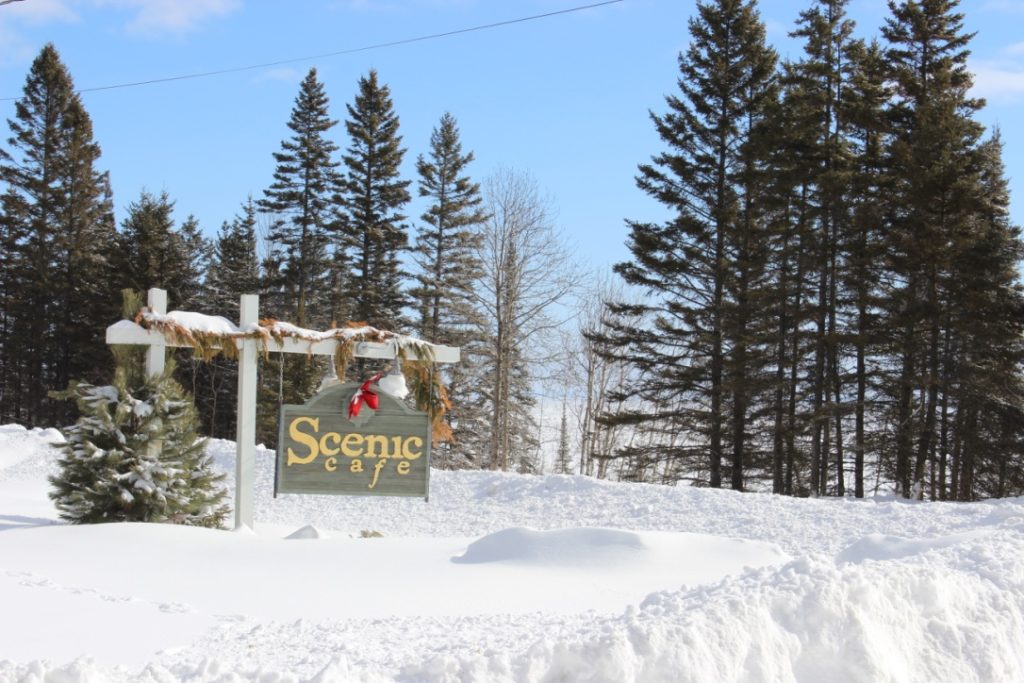
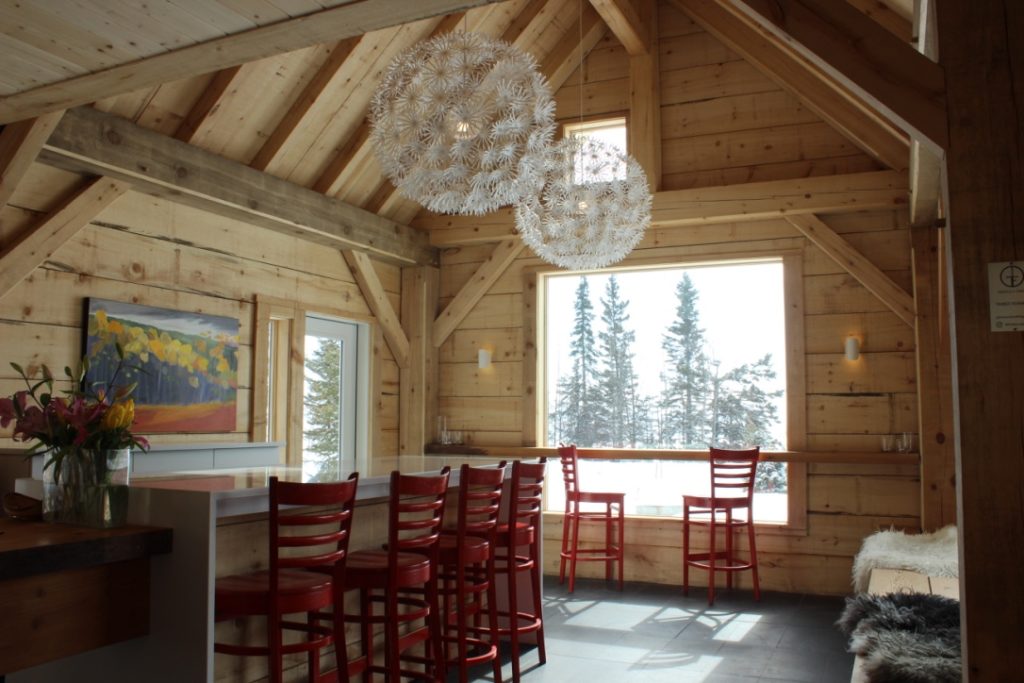
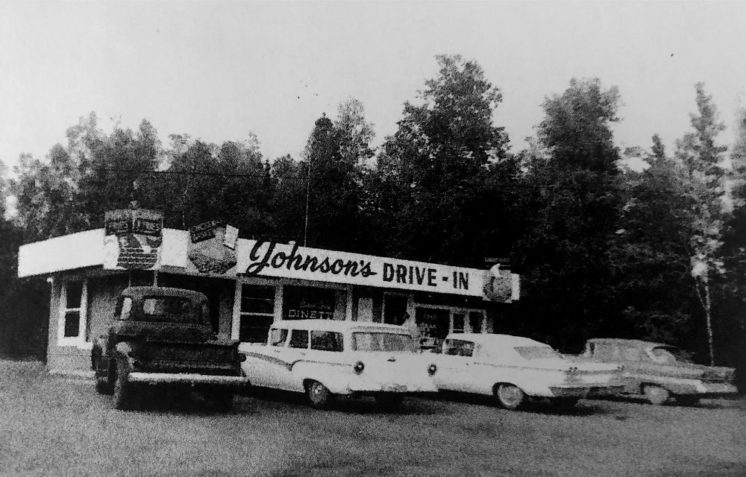
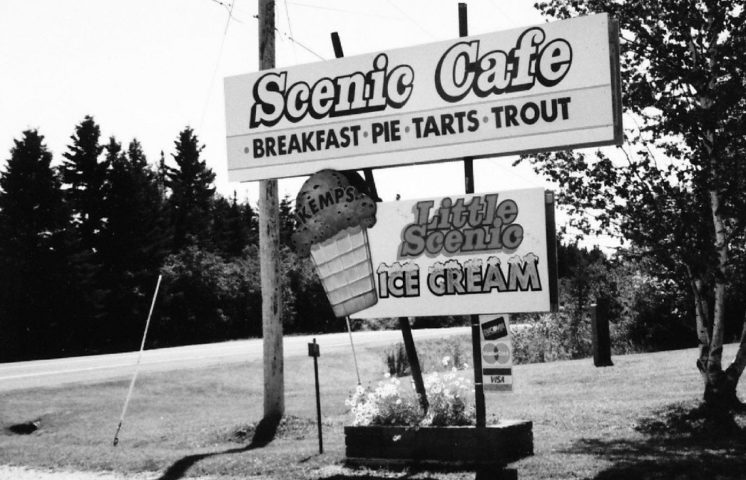
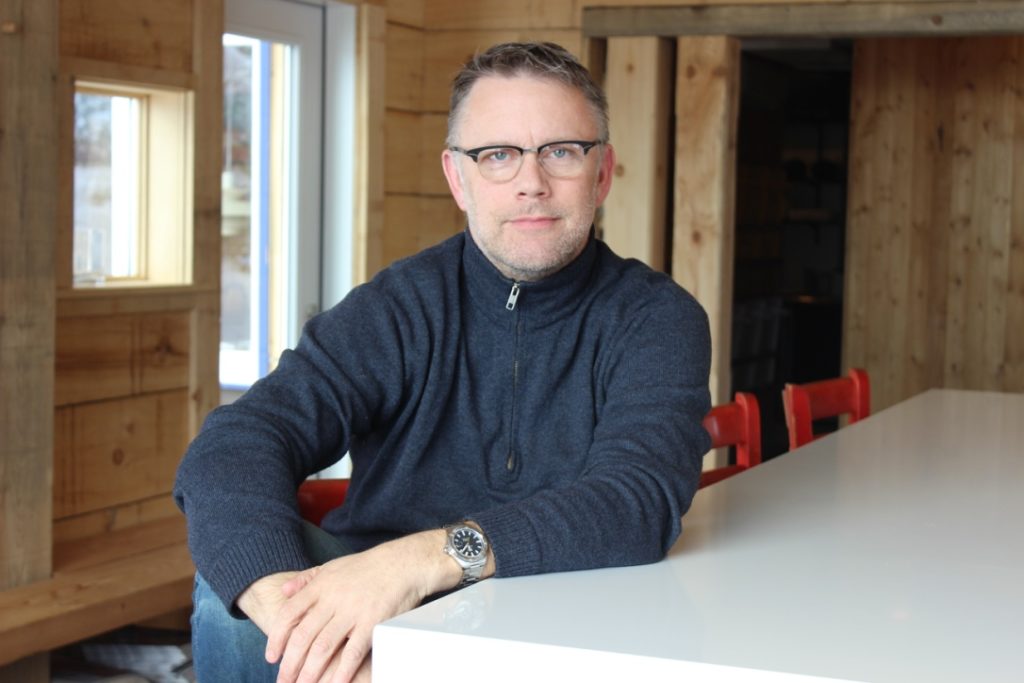
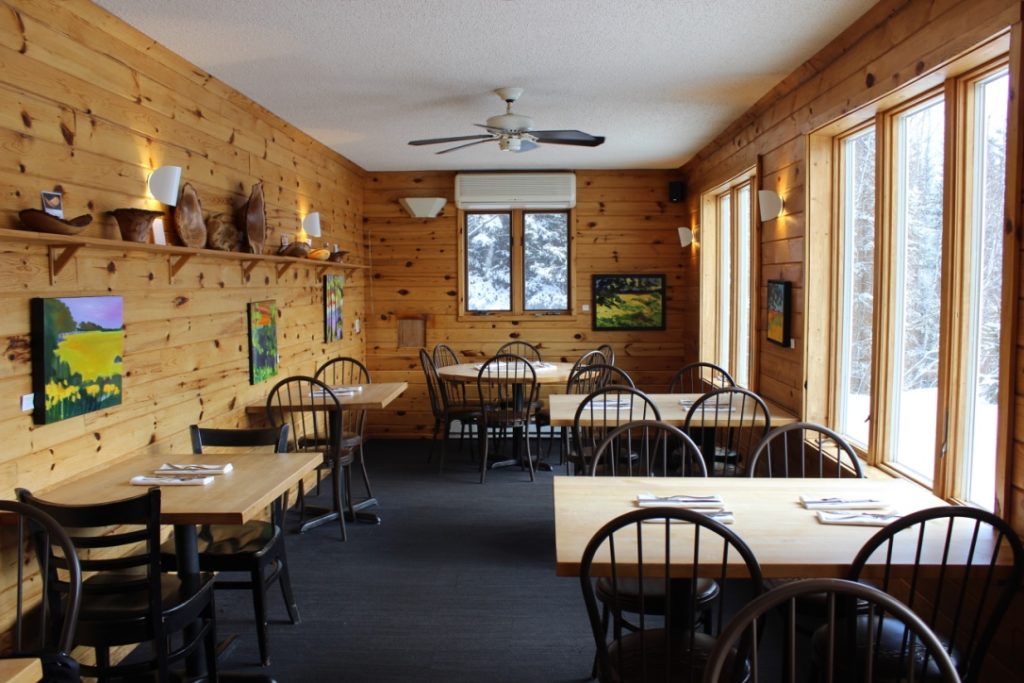

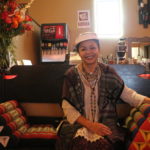
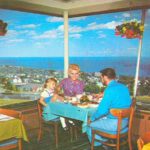









No Comments